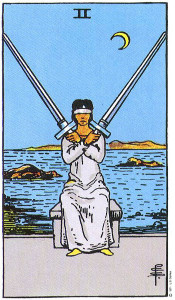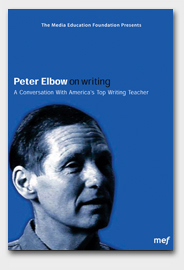WRITE IT DOWN, MAKE IT HAPPEN. That’s the title of my favorite self-help book. Written by Henriette Anne Klauser, the book is crammed as full as a Whitman’s sampler with stories of people making their own magic—just by writing down what they want.
For instance, one woman, given short notice to leave her apartment, created a wish list: two bedrooms, two bathrooms, a garage (with an automatic door opener), a view of Puget Sound, and, finally, “someplace quiet; beautiful and pristine.” She found her ideal living space within days of writing down her desires.
Of course, for every story like that, we’ve all heard one that sounds more like: “Oh! I should have specified to the Universe that I want neighbors who love Bach fugues, not Eagles of Death Metal!”
Hence, the caveat, “Be careful what you wish for.”
But no need to caution your fictional folks! No, sir! Our job as writers is to get our characters into as much trouble as possible. And there’s no trouble quite so engaging as that which a character brings on herself (a poorly considered wish being just the thing to attract a wasp’s-nest worth of mess!).
Dr. Klauser’s approach, though, invites us to step beyond mere wishing. Putting our wishes into writing gives them focus, she says. It transforms our pen into a magic wand of manifestation—and us into agents for our own change.
Tarot writing prompt
Give your character a problem to solve. When she conjures up a big wish in response to that problem, get her to write it down—and then, dear Writer Magician, make your character’s written desire so. For better. Or for worse.
 This writing prompt was inspired by The Magician of the tarot deck. The Magician is a master of manifestation—and a charmer, to boot. Ruled by Mercury, the winged god of communication, The Magician is a real sweet talker, Betty Crocker, and has been known to sell those under his spell a bill of goods.
This writing prompt was inspired by The Magician of the tarot deck. The Magician is a master of manifestation—and a charmer, to boot. Ruled by Mercury, the winged god of communication, The Magician is a real sweet talker, Betty Crocker, and has been known to sell those under his spell a bill of goods.









